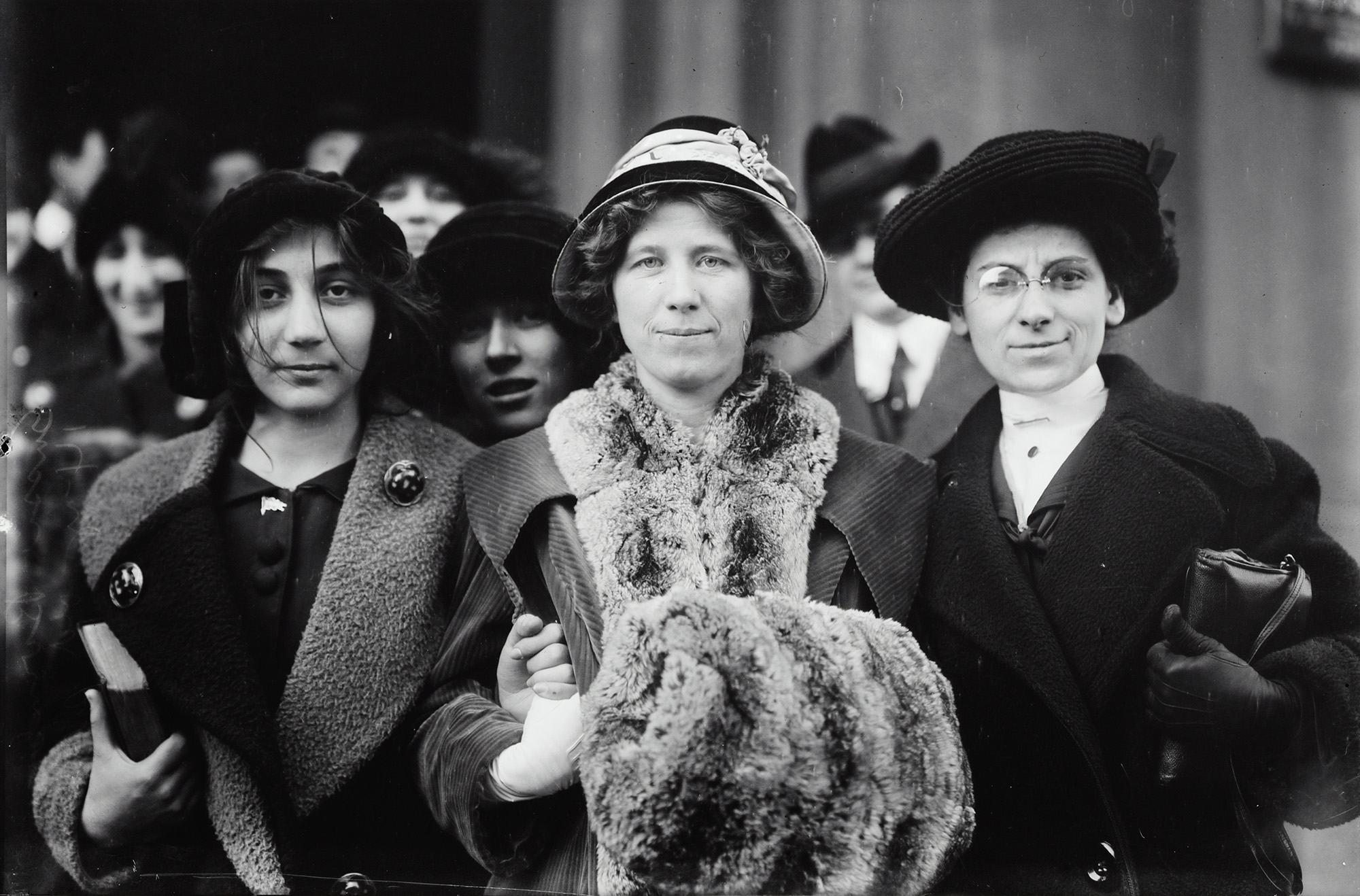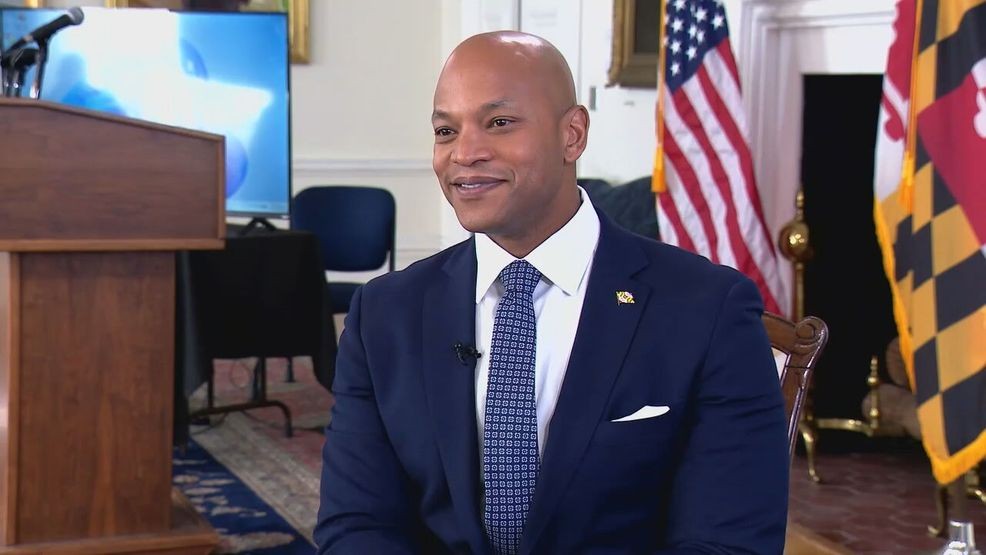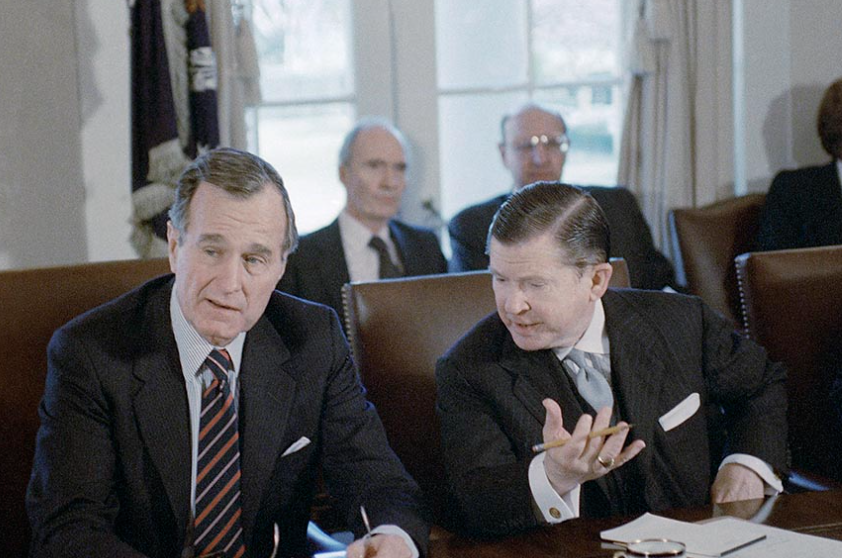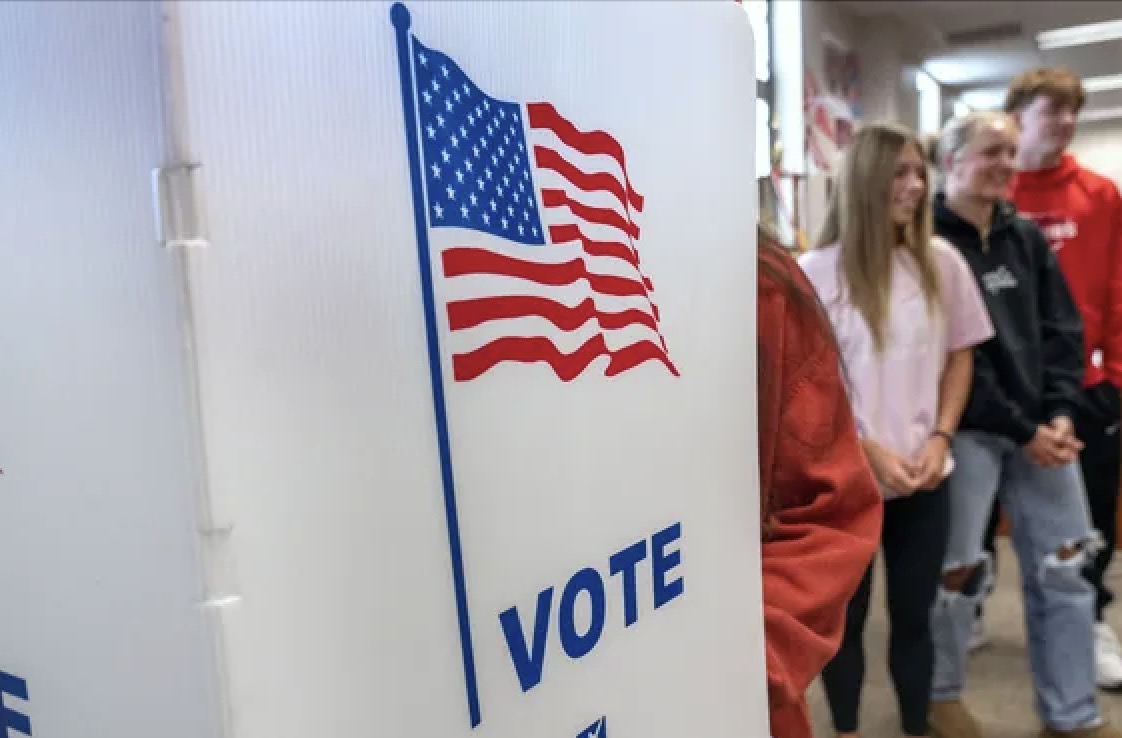As the women’s movement was unfolding in the late 1960s, all across the country women gathered in small, informal groups called consciousness raising (CR) groups—conversations that helped us identify the societal origins of problems we were facing in our individual lives. Domestic violence, rape, job discrimination, illegal abortion, the lack of birth control—you name it: These were experienced as personal problems, but their origins were in society and required political, not just personal solutions. For so many of us in my generation, “the personal is political” was a rallying call–a call for change not just in our personal lives, but in society and our social institutions.
This was a time (and it wasn’t that long ago) when there were no women in what we studied in school. Colleges were places where women could only wear dresses. Blue jeans, which became the symbol of a generation, were forbidden on campus—until women revolted. Blue jeans were a symbol of the working class and wearing them, as suggested by SNCC (the activist group, Student Non-Violent Coordinating Committee), was a symbol of solidarity with the working class. Women demanded their rights—on campus, at home, at work: everywhere!
We embarked on a course of compensatory education, trying to learn through any means necessary all that had been left out of what we were taught. There were few studies about women; even medical science routinely excluded women from research samples. When I was in graduate school (where I had no women professors), what we learned about women came from newsprint pamphlets, our CR groups, and whatever we could put our hands on that taught us about women’s history, lives, artistic contributions, and everyday experiences. This was the birth of Women’s Studies—or what is now often called gender studies.
My compensatory education had to offset all I had not learned about women, about people of color, about LGBTQ experiences—in other words, my education excluded more than half the world’s population. Ironically, the term “compensatory education” at the time usually referred to what was perceived as inadequate education for people of color in racially segregated schools, but we all need an education that teaches us about the full range of human experience.
As time proceeded, our efforts to “integrate” education by including the work, experiences, and contributions of women, people of color, immigrants, and LGBTQ people became institutionalized in women’s studies programs, ethnic and racial studies programs, LGBTQ studies, and—yes–diversity initiatives: the now demonized DEI!
Now the assault on so-called DEI feels like a punch in the gut to me. I have devoted fifty plus years of my education and the education I have passed on to others in the interest of an inclusive, not exclusive, curriculum. Scholarship in these diverse areas of study has flourished and people have learned that having more inclusive educational and workplace settings actually improves performance for ALL groups. What is it that is so threatening about DEI that powerful interests are now trying to wipe it out of every institution?
I’ll hazard a guess that most opponents of so-called DEI cannot tell you what it is. Of course, many of us have sat through boring workshops intended to raise our awareness of “DEI.” A lot of us have raised our understanding of what changes—both personal and political—are necessary to achieve a more fair and equitable society—in all its dimensions. To me, DEI is just about that—respecting and understanding the enormous diversity of people living and working all around us; desiring more equitable (just plain fair) opportunities for people to achieve their dreams; and being inclusive, not exclusive, in how we think and who we think about—and value.
I take the current assault on DEI as a personal affront—an affront on all I have worked for over fifty plus years as a professor, author, and college administrator. The time is frightening and, like many of my friends, colleagues, and family members, most days I just want to crawl in a hole. I feel powerless to change the retrograde actions that are happening all around us, every day. But the changes I have witnessed in my own lifetime are vast and should not be taken for granted. We must speak out even when it feels like there are big risks in doing so.
Even putting these thoughts in print feels scary given the retribution that is now all too common. But I ask you to remember: I am your neighbor, might have been your teacher, am not a criminal. I am an American and love my country, as I hear you do too. But before you post some nasty comment to this letter, I ask you also to think about whether you want your child, your friend, your neighbor to grow up in a country where we learn little, if anything, about people’s experiences other than our own and where powerful interests ask you to ignore the hard work of so many who fought to bring you a more inclusive, just, and open society.
I also ask you to deeply care about anyone, maybe in your family or friendship network, who loves a lesbian or gay daughter or sibling, even when the coming out process asked them to change everything they thought they knew. Love those who cherish and embrace a trans member of the family even when their old beliefs were upended by this reality. Love those who have fully welcomed an interracial couple and their children into an otherwise all white family. Care about anyone from an immigrant background who came to this nation to seek a better life for themselves and their children. Know their experiences; don’t believe the myths.
To all of you, my heart is with you even as I rage!
Dr Margaret L. Andersen is the Elizabeth and Edward Rosenberg Professor Emerita, Founder and Executive Director of the President’s Diversity Initiative, University of Delaware, who lives in Oxford.










